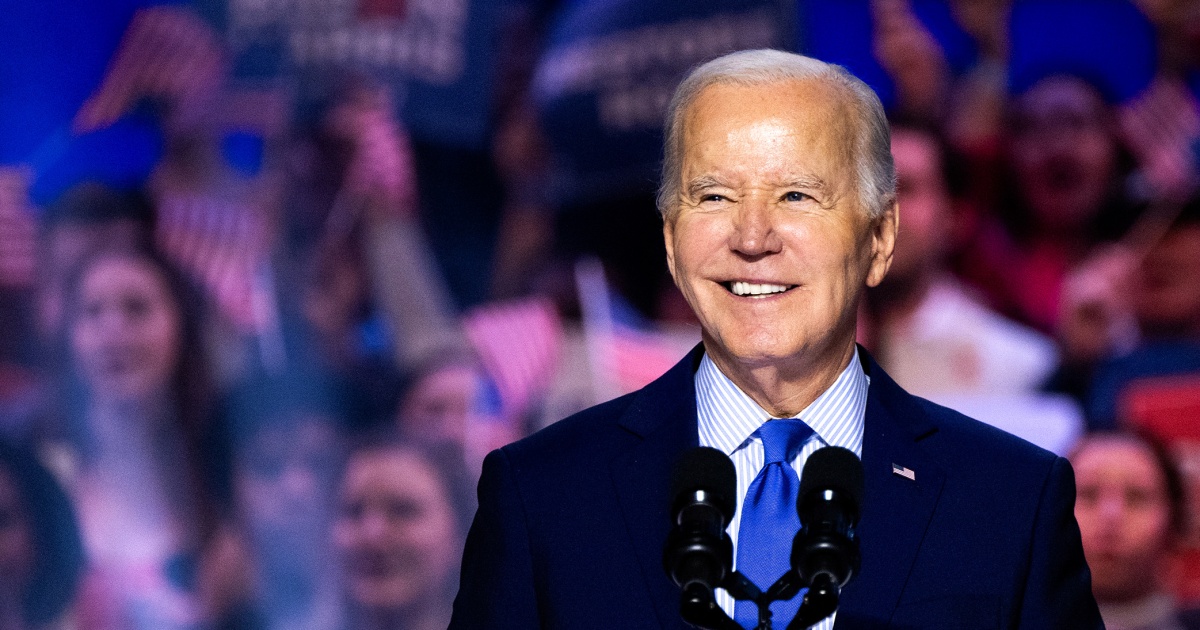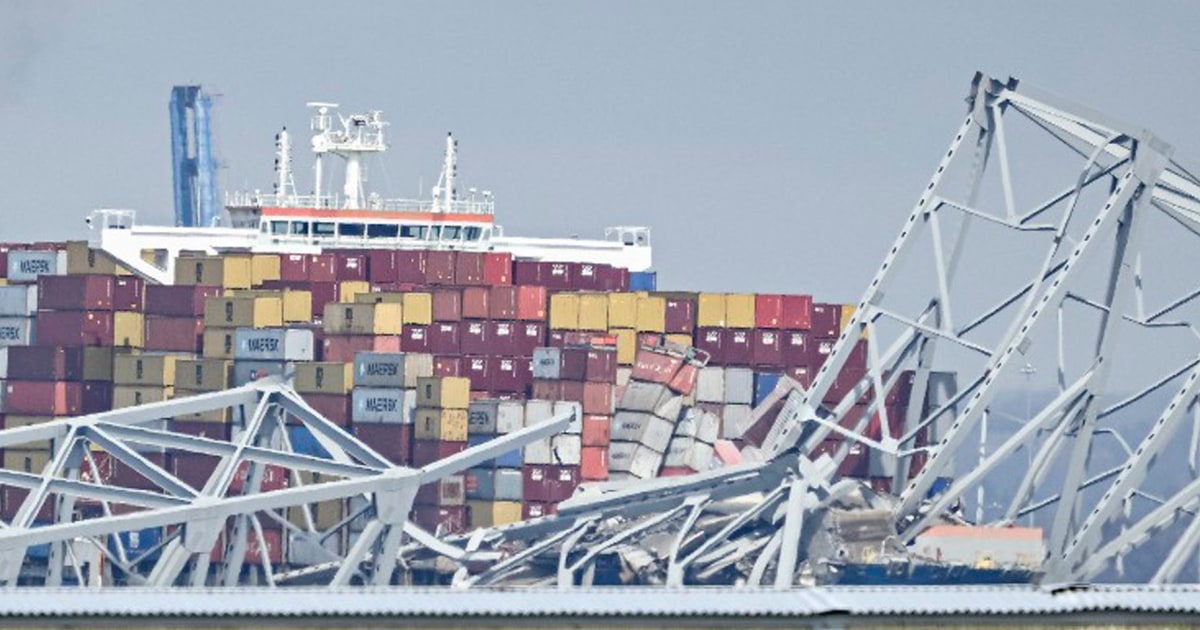The European Union seems to share the doubts of the United States about the origin of the covid-19 pandemic. The community club is in favor of supporting Washington's request for a new investigation to be carried out after the first, carried out in China by experts from the World Health Organization (WHO), ruled out as "extremely unlikely" the thesis that the pathogen had escaped from a Chinese laboratory in Wuhan. The support of the EU to continue with the investigations to discover the origin of the pandemic is already included in the draft of the joint declaration of the EU-US summit next Tuesday.
"We call for progress in phase 2 of a study on the origin of covid-19 that is transparent, evidence-based, led by WHO experts and free from interference," says the draft declaration on the pandemic to the that this newspaper has had access to.
The text has been reviewed this Wednesday by the permanent representatives of the 27 EU partners in Brussels and may still vary before the summit.
But it already indicates that at least a good part
of the delegations shared the doubts about the first WHO study and supported the US request for further investigation.
The EU's alignment with Washington may further sour relations with China, which observes with distaste the growing Western suspicions about the possible exit of the deadly virus from one of its laboratories.
The first accusations against Beijing arose during the presidency of Donald Trump, but they were attributed to speculative theories marked by an anti-Chinese bias.
The doubts propagated by Trump himself caused serious friction between Washington and Beijing, which accused each other of being behind the origin of the pandemic.
More information
The WHO considers that the virus had an animal origin, at the end of its mission in Wuhan
The theory of the laboratory accident in Wuhan as the origin of the coronavirus leaves the conspiratorial terrain
The WHO finally launched an investigation, which began in January this year with the arrival of 14 international experts in Wuhan, the first Chinese city where the disease was detected.
The study concluded in February without finding the origin of the pathogen, but paying
the hypothesis that the virus passed directly from an animal to a human being.
The WHO report seemed to settle the controversy.
But the debate was reopened in mid-May, when a group of scientists from prestigious US universities such as Harvard, Stanford or Yale publicly defended the need to review “seriously” the possibility that the origin of the virus was an accident in a laboratory before to give that hypothesis definitively discarded.
US President Joe Biden joined the cause almost immediately.
And he considered that as long as there is no reliable evidence in one sense or another,
both theories must be taken as "two probable scenarios".
Biden also asked his intelligence services to present him with a study as conclusive as possible within 90 days.
Europe had until now remained in a discreet background to a conflict that seemed to respond in part to the continuing tension between the United States and China, the two great powers that are vying for world dominance in many areas. Trump's presence in the White House exacerbated that tension, but it neither began with him nor ended with his departure. The Democratic Biden Administration, like Barack Obama's previous one, sees China as the true geostrategic rival of the 21st century, with a role similar to that played by the USSR during the Cold War of the last century.
The EU does not share the spirit of total confrontation with Beijing and prefers to keep all avenues of cooperation as open as possible. But in the case of the virus, some experts believe that China itself has contributed to international mistrust by severely limiting the research capacity of the WHO team.
Brussels also seeks to ingratiate itself as much as possible with the new US administration. Tuesday's meeting in Brussels will be the first bilateral summit between the EU authorities and US President Biden meets with the President of the European Council, Charles Michel, and the President of the European Commission, Ursula von der Leyen, just five months after his arrival at the White House. The meeting is interpreted as the confirmation of a new era in transatlantic relations after the four stormy years lived with Donald Trump as president.
Trump's departure has not marked the end of all the disagreements between Brussels and Washington. But both parties seek to bring positions closer together at all points where possible as a sign that they have turned the page on the Trump era and that the US and the EU are willing to jointly lead the return to a multilateralism that passes through the effectiveness of agencies such as the WHO.
Despite the good harmony recovered, Biden will clash with his European hosts on the issue of the intellectual property of vaccines against covid-19 developed by companies on both sides of the Atlantic. The US defends within the World Trade Organization (WTO) the release of patents to facilitate their production on a global scale. Brussels has been willing to study the proposal, yet to be finalized, but is already fighting back with another alternative.
Michel and Von der Leyen argue that the priority should be to facilitate exports, as the EU has done, which has allowed 50% of the 600 million doses it has produced to exit to third countries.
Instead, Biden, like Trump, maintains the lock on exports to guarantee the doses necessary to immunize the American population first.
The
First America
Trump
it is still in force in terms of covid.
Community leaders also advocate streamlining the compulsory licensing system provided for in WTO rules to allow countries to force pharmaceutical companies to allow other companies to manufacture their vaccines and to accept production at cost price or at a low cost. minimum remuneration.









